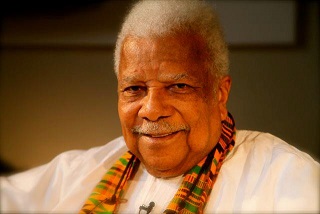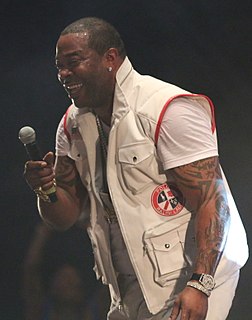A Quote by Ali Mazrui
Acceptance of race mixture was more developed in Arab culture than in Jewish culture.
Quote Topics
Related Quotes
In Western culture, particularly North America, a lot of rules are descriptors for sociopathy: a general acceptance of lying as long as you win, an attitude of "me first," an attitude that what it looks like is more important than what it is. This makes it much easier for a sociopath to be camouflaged in our culture.
It's the culture, not the blood. If you can go anywhere in the world and adopt these babies and put them into households that were already assimilated in America, those babies will grow up as American as any other baby with as much patriotism and love of country as any other baby. It's not about race. It's never been about race. In fact the struggles across this planet, we describe them as race, they're not race. They're culture based. It's a clash of culture, not the race. Sometimes that race is used as an identifier.
I started the label Tzadik to support an entire community of musicians, not just Jewish musicians. But the radical Jewish culture movement was begun in a lot of ways because I wanted to take the idea that Jewish music equals 'klezmer' and expand it to, 'Well, Jewish music could be a lot more than that.'
For the multiculturist/diversity crowd, culture, ideas, customs, arts and skills are a matter of racial membership where one has no more control over his culture than his race. That's a racist idea, but it's politically correct racism. It says that one's convictions, character and values are not determined by personal judgment and choices but genetically determined. In other words, as yesteryear's racists held: race determines identity.
I don't think you can create culture and develop core values during great times. I think it's when the company faces adversity of extraordinary proportions, when there's no reason for the company to survive, when you're looking at incredible odds - that's when culture is developed, character is developed.




































